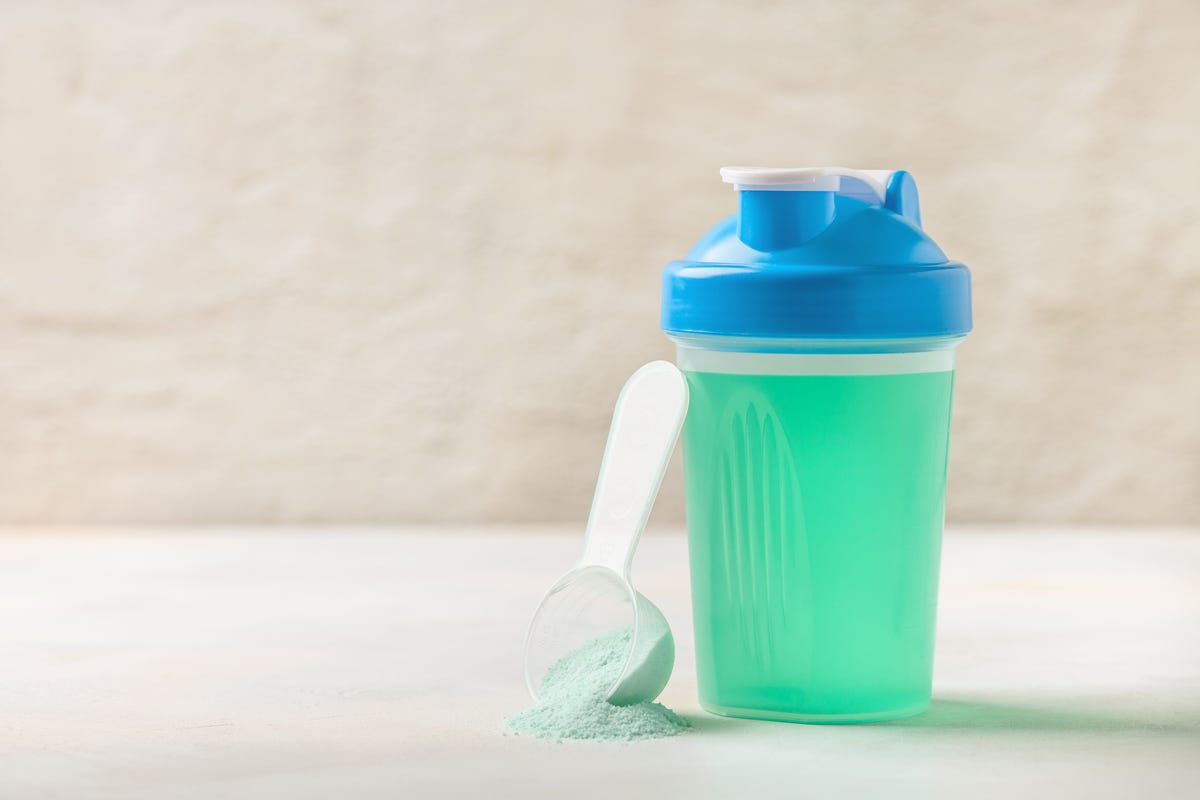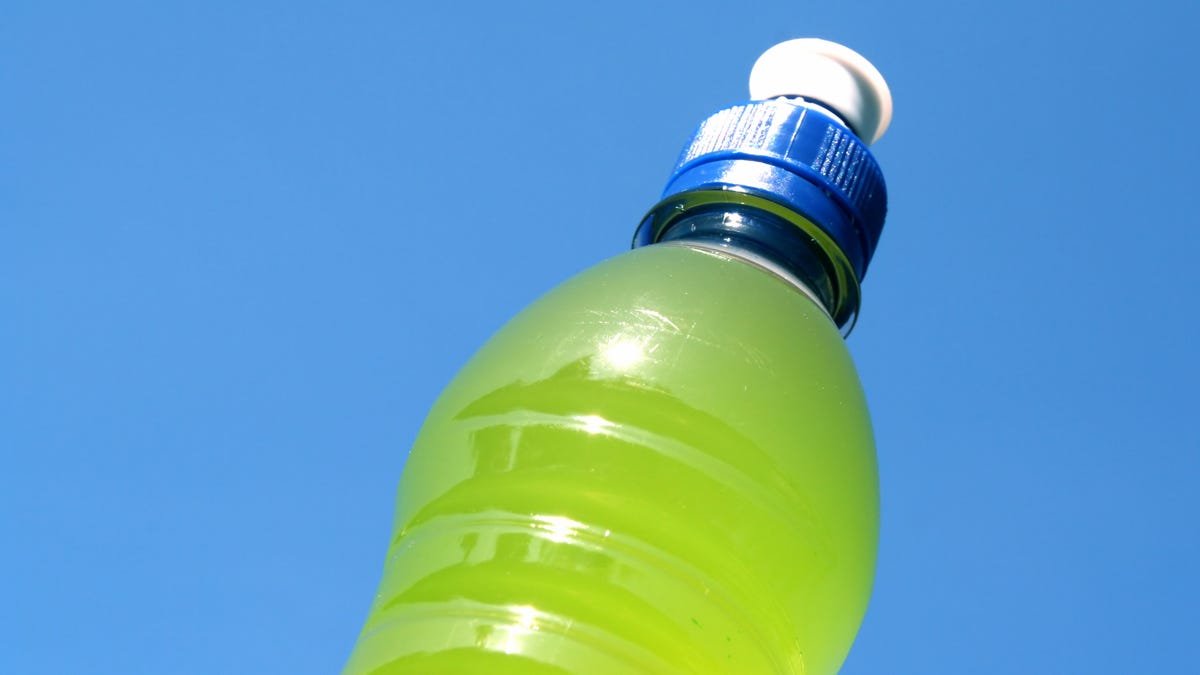Last year was the hottest year on record, and 2024 could be even hotter. As summer approaches, I want to pay more attention to hydration than usual. You should be especially careful if you have certain health conditions, such as asthma, heart disease, or diabetes, or if you are elderly or pregnant. Your body is 60% water, so it’s important to stay hydrated regularly, especially when it’s hot outside. Other effective ways to stay hydrated include eating foods like watermelon and cucumbers and adding electrolytes to your water.
Electrolytes are found in some bottled waters, sports drinks, and other beverages and powdered supplements. It may be necessary when regular water is not enough. Athletes are usually the target audience for these products because they need to consume more electrolytes. Replenishes minerals lost through sweat. However, the average person may also benefit.

Dehydration, heat stroke, and heat exhaustion are more likely to occur in very hot weather, so you should watch your electrolyte levels. You can get electrolytes in a variety of ways, so if you don’t like sports drinks, you don’t have to keep drinking them.
Here’s what you need to know about electrolytes, their functions, and the best ways to replenish them.
What are electrolytes?

Simply put, electrolytes are essential minerals found in your blood, sweat, and urine. They carry positive or negative charges that are used during metabolic processes and are involved in controlling the nervous system, muscle contraction, hydration, and regulating the body’s acid/base, aka pH, levels. If this number is too high or too low, the pH can go out of whack and create an imbalance. A healthy pH level is between 7.36 and 7.44.
Electrolytes produced in the body include sodium, potassium, calcium, magnesium, phosphate, chloride, and bicarbonate. When you become dehydrated, you lose these important minerals, which can make you feel sick and cause other negative side effects.
What does an electrolyte imbalance look like?

In order to keep the body functioning at its best, electrolytes must be well balanced and homeostasis maintained. Fluid intake and output, acid-base balance, hormone secretion, and normal cellular function all influence electrolyte balance.
“Not having enough electrolytes can lead to fatigue, headaches, nausea, blood pressure changes, and muscle cramps,” explains John Frigo, a National Strength and Conditioning Association certified trainer and running coach. This is especially true if you are active in excessive heat, which can accelerate electrolyte loss.
Electrolytes are normally lost through body fluids such as sweat and the gastrointestinal tract. During prolonged exercise, one of the major electrolytes lost through sweat is sodium. Sodium and chloride are two major electrolytes that work together to transport fluids throughout the body and keep pH stable. That’s why it’s important to stay hydrated and maintain your electrolytes.
Overall, Frigo says you can get most of the electrolytes you need through your diet if you eat a nutritious diet that includes lots of whole foods. However, illnesses such as diarrhea and vomiting can cause electrolyte loss, leading to dehydration and putting your entire body at risk.
Electrolyte imbalances are common not only in the elderly, but also in people with a history of kidney disease, heart failure, acute pancreatitis, respiratory failure, eating disorders, burns, etc. If you’re at risk for electrolyte imbalances, it’s especially important to replenish your electrolytes through foods and drinks containing sodium, chloride, potassium, calcium, and magnesium.
the same asLoss of electrolytes has negative effects on the body. Too many Electrolytes. Symptoms such as hyperchloremia (excess chloride), hyperkalemia (excess potassium), and hypernatremia (excess sodium) are caused by dehydration, excessive sweating, loss of gastrointestinal fluids, or It can be caused by side effects of certain medications or other health conditions.
Symptoms of electrolyte imbalance
Symptoms of electrolyte imbalance vary depending on the type of imbalance, but there are common symptoms to be aware of.
- Malaise
- confusion
- nausea
- arrhythmia
- dizzy
- muscle spasms
- vomiting
- abdominal pain
If you suspect an electrolyte imbalance, you can get an electrolyte panel, a blood test from your doctor that measures your electrolyte levels. If the test shows that your body is out of balance, your doctor will recommend treatments to restore it to normal.
The best way to get electrolytes

Foods that contain electrolytes include fruits and vegetables such as spinach, citrus fruits, watermelon, and other leafy greens, says registered dietitian Morzine Claire. However, if you want a quick way to boost your electrolyte levels, drinking electrolyte-infused water, coconut water, sports drinks, Pedialyte, and mixing electrolyte tablets or powder with water are all good options. However, when choosing a sports drink, it is important to be aware of its sugar content. A standard size bottle (12 ounces) contains over 20 grams of sugar, which is more than half of the recommended daily intake.
While drinks like Gatorade are commonly marketed to athletes, a good alternative for training includes electrolyte supplements, such as this article from CNET. popular sports drinks Such as Nuun Endurance and Liquid IV Hydration Multiplier. These tend to be low in sugar and contain all the minerals your body needs right away. Be sure to read the label if you are sensitive to caffeine, as some brands may include caffeine or similar energy-boosting ingredients in their products.
conclusion

Electrolytes are an important aspect of our health and should not be ignored. These are responsible for major functions in the body, and when they are out of balance, it can have a negative impact on your health. The average person can keep their electrolytes balanced through a healthy diet and proper hydration, but if you need a quick fix after a sweaty workout or bout of illness, there are other It would be good to know how to do this.
If you are concerned about your electrolyte levels and they always seem abnormal, it is best to consult a doctor who can perform the appropriate tests and give you a proper diagnosis.

